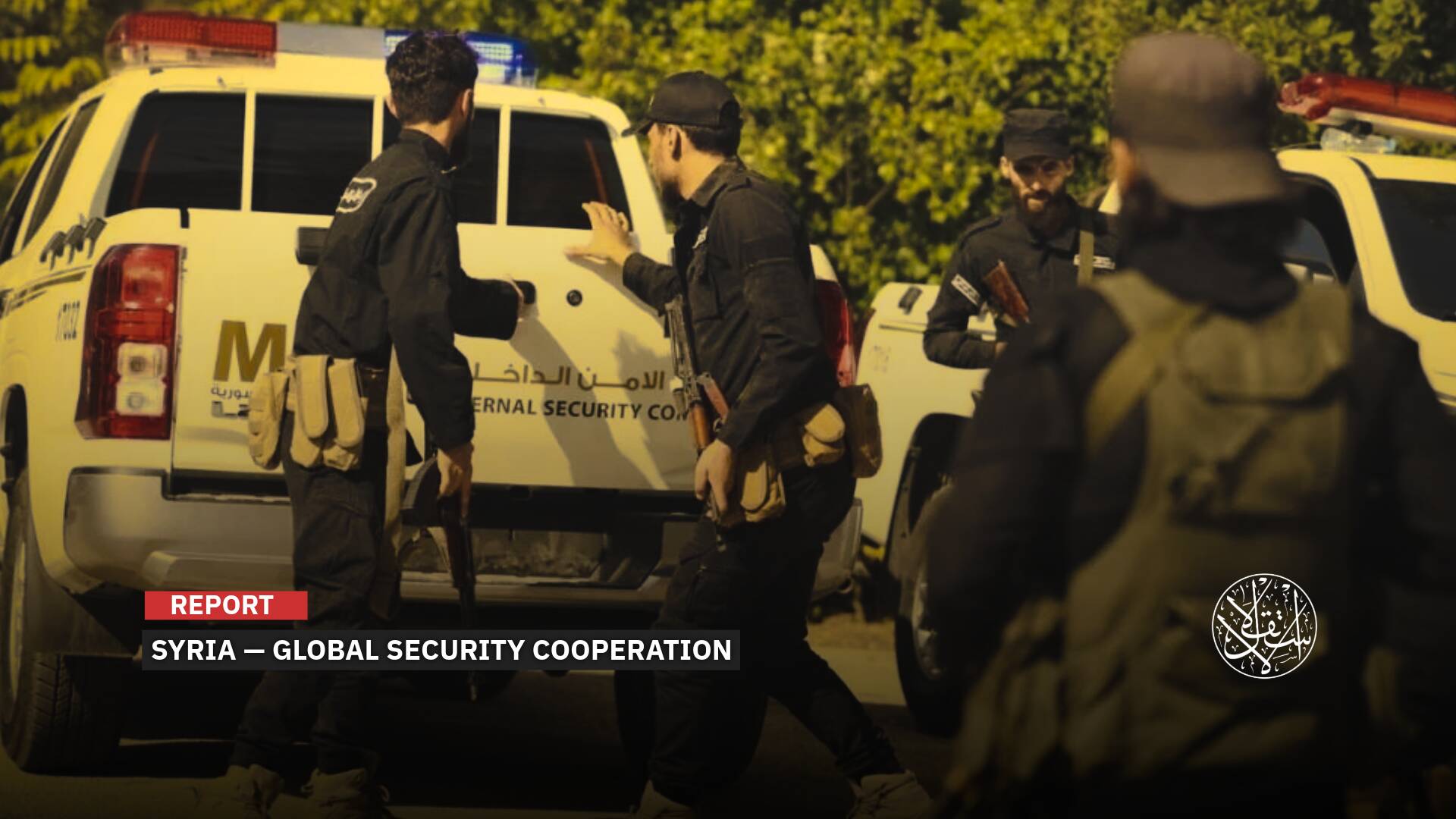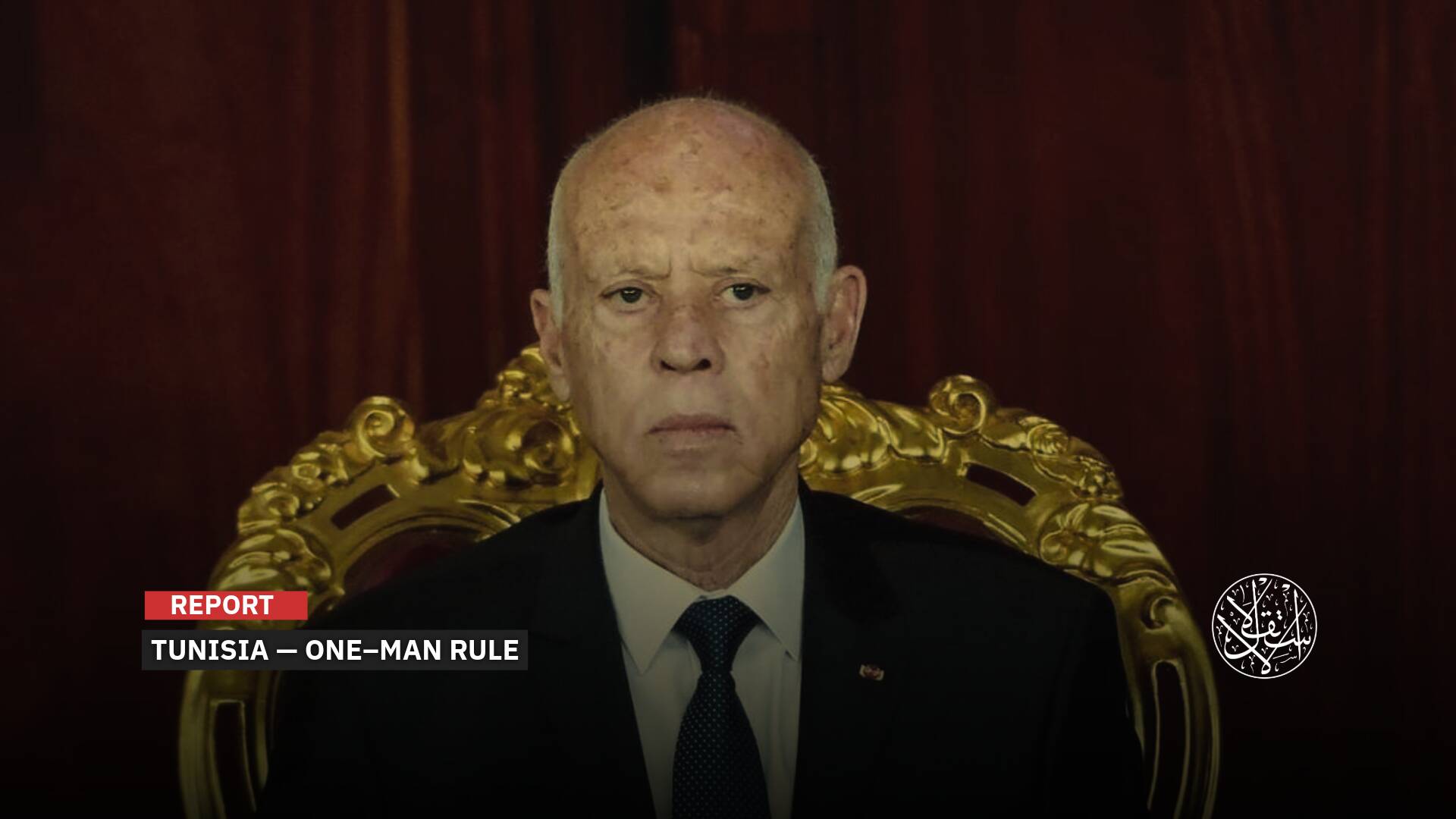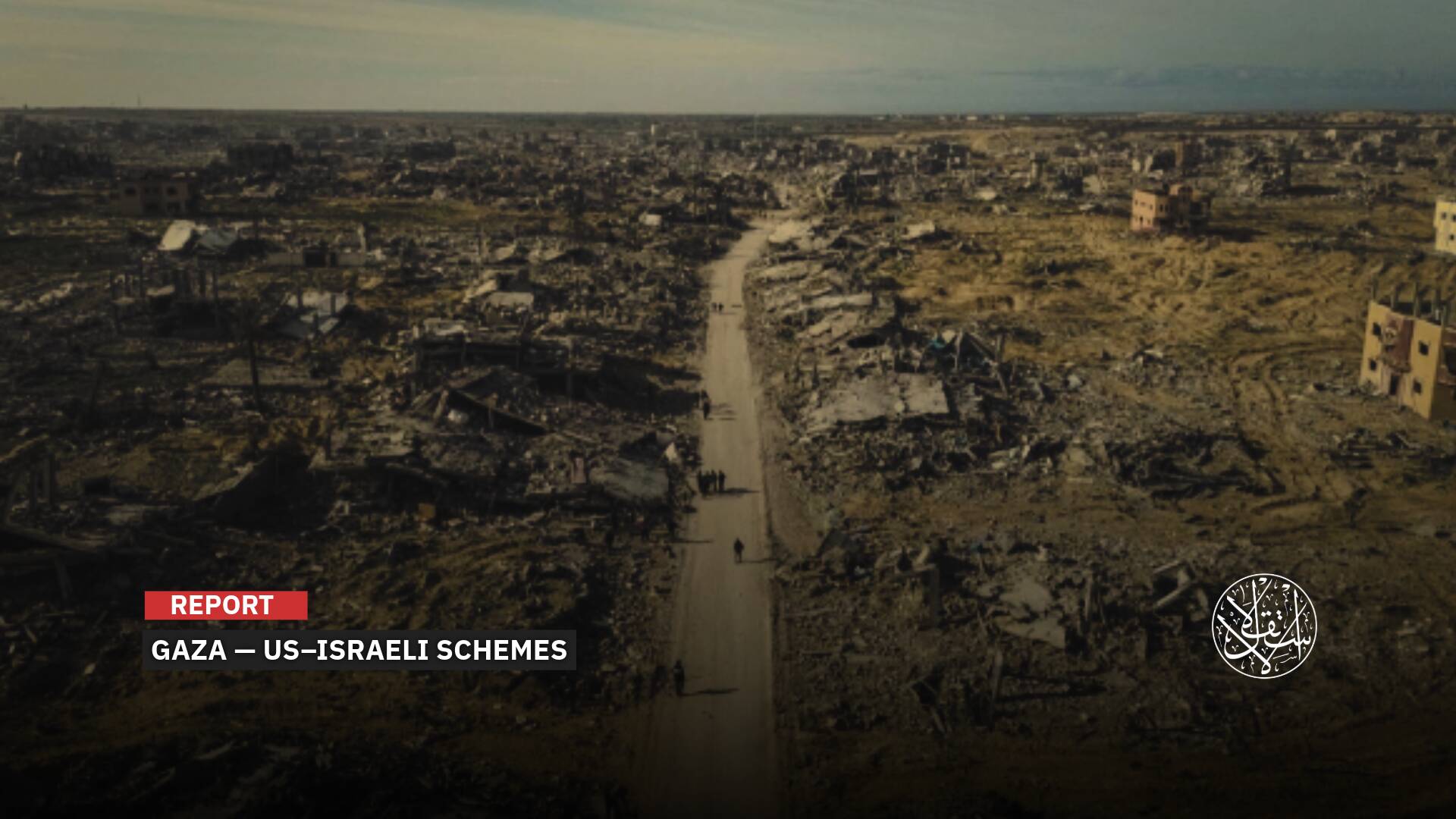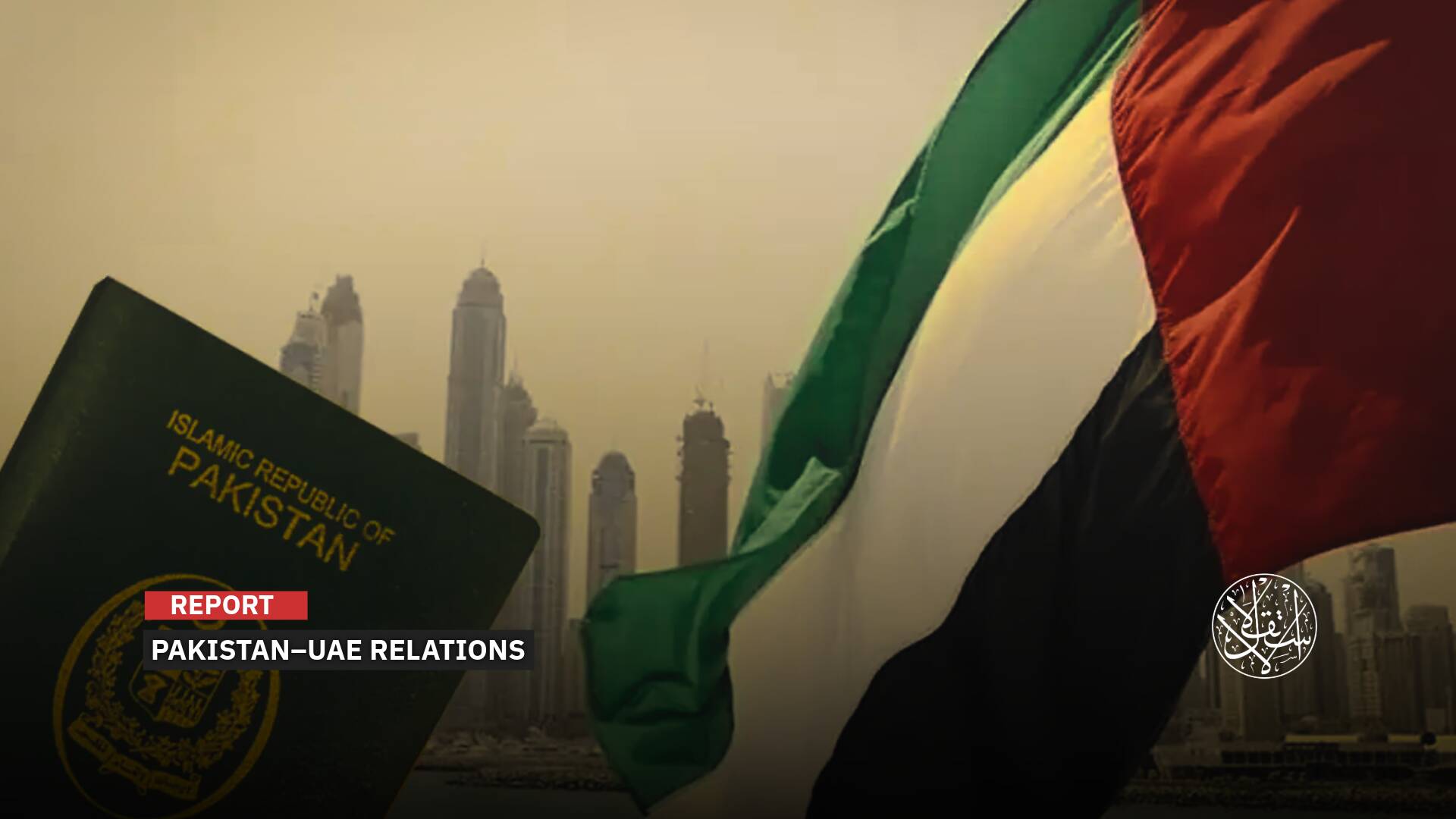Less Than a Year In, Jordan’s Government Undergoes Major Cabinet Reshuffle
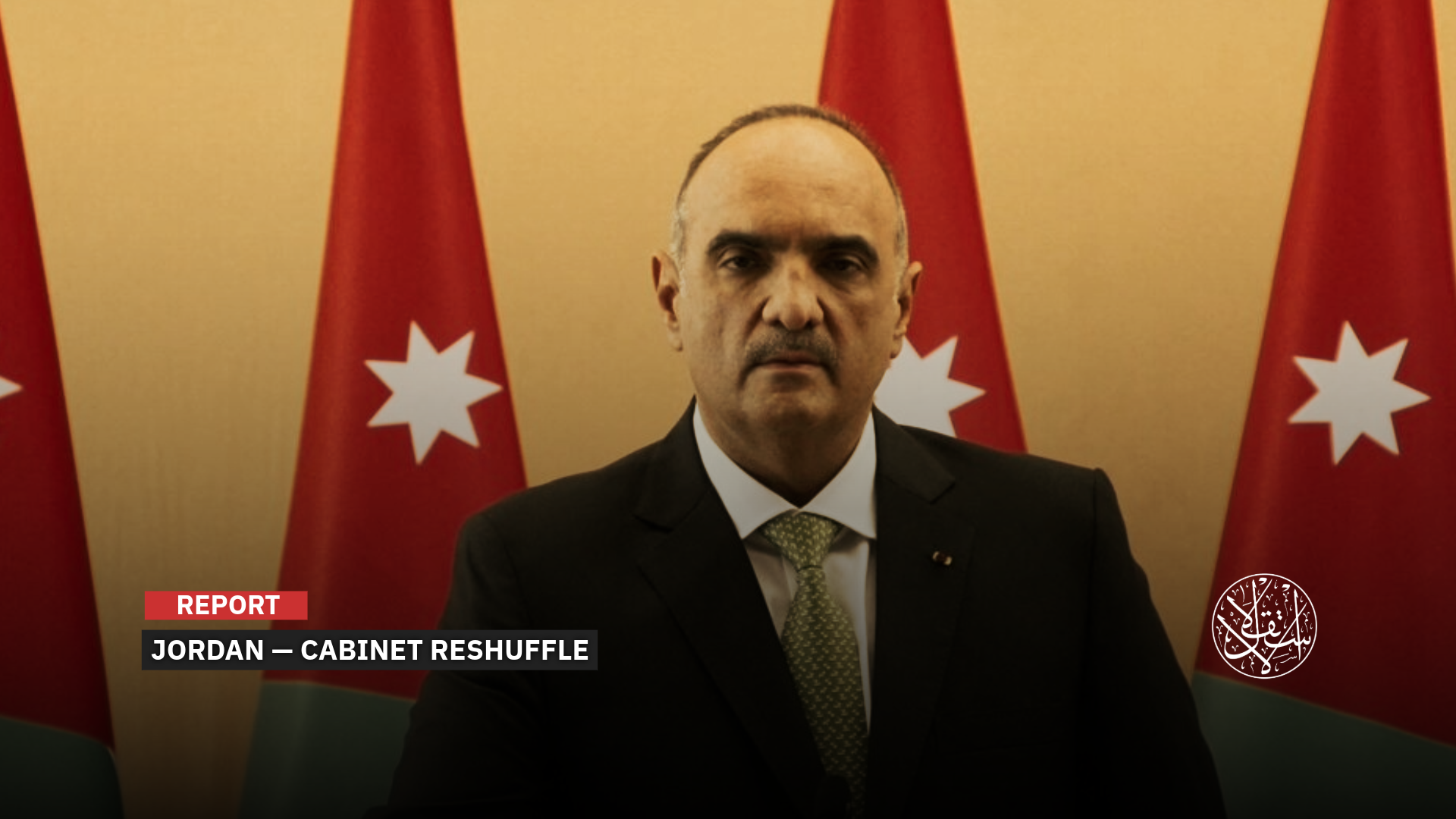
The reshuffle focused on the economic team, covering tourism, investment, environment, and agriculture.
In a surprise shake-up affecting a third of the cabinet, Jordan’s royal court has announced a reshuffle of Prime Minister Jafar Hassan’s government, just 11 months after it was formed on September 18, 2024.
The changes, unveiled on August 5, 2025, mark the first reshuffle under Hassan and cover 10 economic and administrative portfolios, alongside the abolition of the minister of state role.
Core sovereign ministries, including interior, foreign affairs and expatriates, as well as finance, remain untouched.
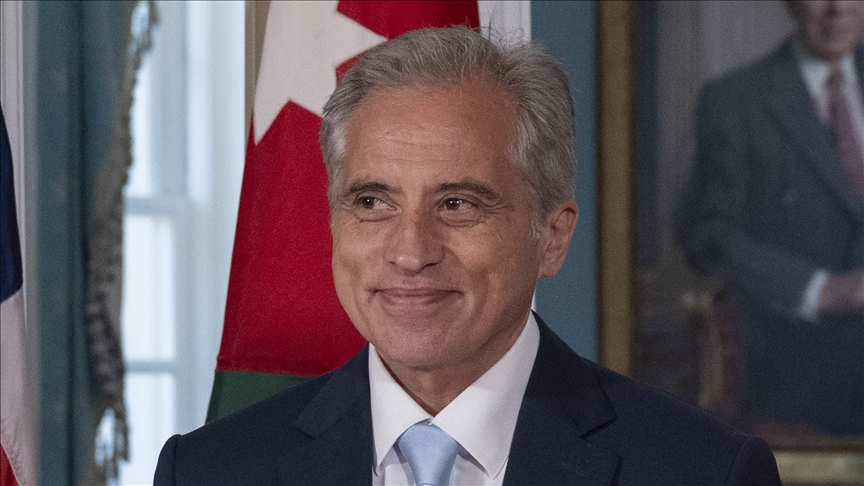
Routine Reshuffle
As for the reasons behind the shake-up that saw a third of Jafar Hassan’s cabinet replaced, Jordanian writer and political analyst Hazem Ayyad said ministerial changes in the country are “a routine process, usually intended to reaffirm the standing of the prime minister in overseeing the executive branch.”
Speaking to Al-Estiklal, Ayyad described the move as an attempt to “reassert the government’s economic, administrative and political program,” adding that, at its core, it signals the cabinet is set to carry on for another year or two. “That,” he said, “is the essential meaning of ministerial reshuffles in Jordan.”
The analyst characterized the changes as a “renewal of confidence” in the government, or at least in the prime minister, noting that such reshuffles in Jordan tend to be primarily administrative rather than political in nature.
Ayyad ruled out any political significance to the move, arguing that it was administrative in nature, particularly as it left untouched the sovereign ministries of foreign affairs and interior, as well as socially oriented portfolios such as education and religious endowments.
“For that reason,” he said, “the change is routine, and Prime Minister Jafar Hassan’s government will continue its work for a considerable period. There is no popular dimension to this step, given the absence of any political motive behind the reshuffle.”
Amer Bani Amer, director of the Jordanian organization al-Hayat Center- Rased, said the reshuffle was necessary after almost a year in office, stressing the importance of reviewing ministers’ performance and assessing their record, according to remarks reported by CNN on August 6.
Amer Bani Amer clarified that the ministers who remained in key portfolios such as interior, foreign affairs, and labour were actively engaged in core issues.
“They were neither comfortably neutral nor cautiously passive,” he said, “and they certainly were not underperforming.”
Regarding the “modernization team” referenced by Hassan during the reshuffle announcement, Bani Amer explained this primarily referred to the economic bloc, which includes the ministries of tourism, investment, environment, and agriculture.
“It can be said that the reshuffle was more of a technical and economic adjustment than a sudden shake-up. This reflects an attempt to balance technocratic expertise with demographic and geographic considerations,” he added.
On August 6, following the swearing-in of the new ministers, Prime Minister Jafar Hassan announced he would soon begin drafting an executive program to realize the economic modernization vision across all sectors for the next three years, a commitment for which his government will be held accountable.
“The budget will be built around the executive program for the economic modernization vision, reflecting our dedication to implementing this agenda and achieving its goals. I hope, in cooperation with parliament, we will be able to approve the budget before the end of the year,” Hassan added.
https://www.facebook.com/PMOJO?ref=embed_post
Exclusion of Parties
Meanwhile, Jordan’s Muslim Brotherhood political wing, the Islamic Action Front, described the new government lineup as deeply disappointing, saying it entrenched the same approach that has led the country into its current crises.
In a statement released on August 6, the party said the changes amounted more to a reshuffle than a genuine reform, repeating many of the same faces whose track record in managing key portfolios had proven unsuccessful.
The Islamic Action Front’s statement also stressed that the government’s composition ran counter to the will of the Jordanian public as expressed in recent elections, and failed to lay the proper foundations for a genuine phase of political modernization.
The statement noted that popular expectations had been for a government capable of delivering swift, medium- and long-term economic solutions to Jordan’s mounting challenges.
It called for a cabinet committed to expanding freedoms, reforming restrictive legislation, and releasing political detainees.
The party argued that the new lineup falls short of what the country’s critical circumstances demand, a national approach to government formation based on democratic tools, resulting in administrations composed of competent, honest figures with genuine public mandates that truly reflect popular will.
Commenting on the decision to appoint independent ministers rather than including elected parties represented in parliament, writer Hazem Ayyad observed that “political forces have had no representation in previous cabinets for the past decade.”
“These parties have had little influence within the ministries, with their impact largely confined to the lower house of parliament and barely visible within the prime minister’s office or the architecture of the cabinet itself,” Ayyad noted.
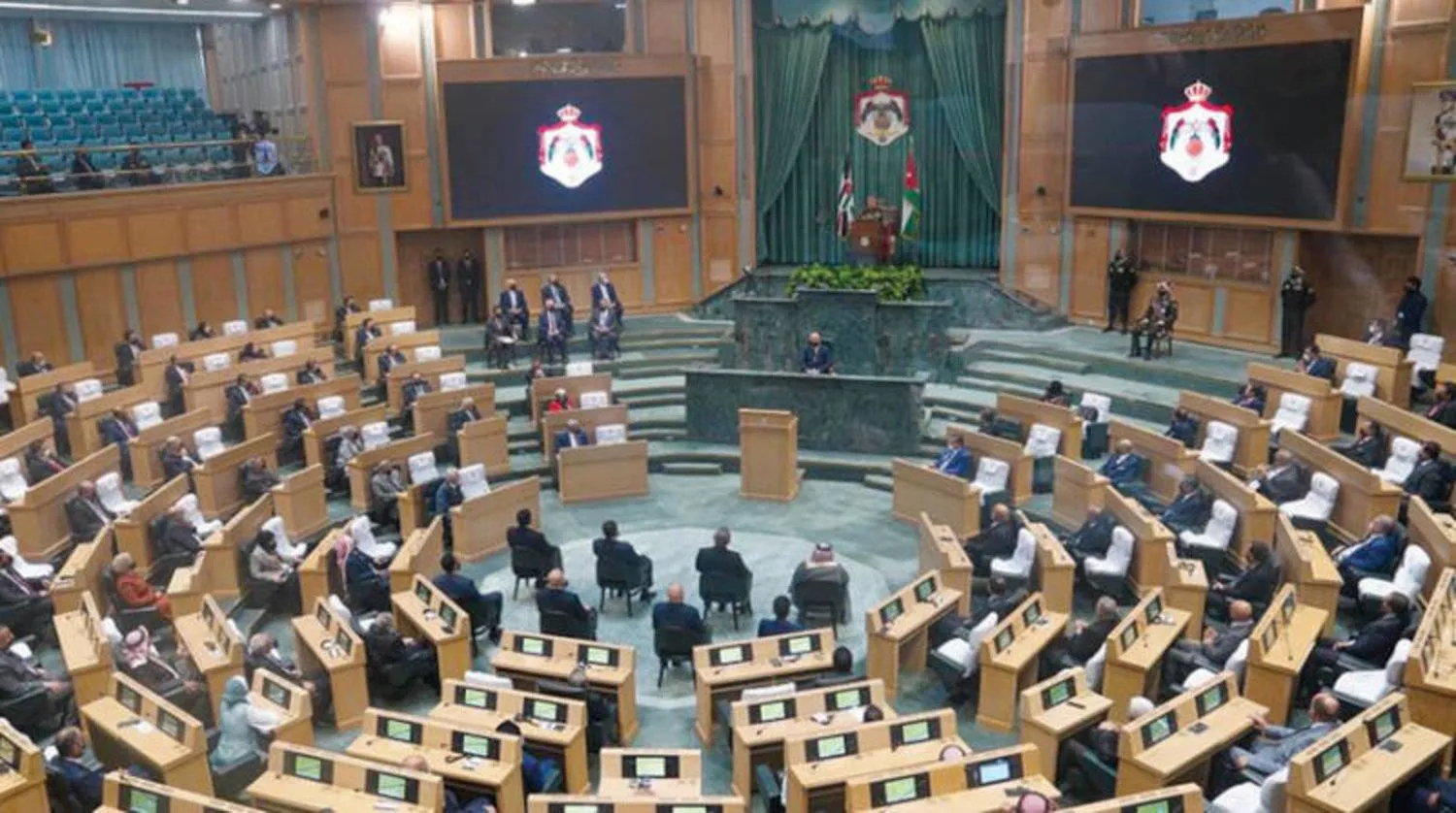
Economic Mission
Jafar Hassan, an economist and former royal court official, was appointed to form a new government on September 15, 2024, succeeding former Prime Minister Bisher al-Khasawneh.
His mandate was clear: to carry out an “economic mission” aimed at revitalizing the country’s struggling economy.
Former Jordanian MP Hayl Wadaan al-Daajeh saw Hassan’s appointment, a figure close to the king, as a deliberate choice for this critical period.
“The person needed to lead the Jordanian government at this stage is an economic figure, which Hassan embodies,” he told Al-Estiklal in an interview published on September 15, 2024.
Al-Daajeh explained that “Jordan’s foremost and ultimate problem is economic, so the selection of Jafar Hassan to head the new government stems solely from this reality, and for no other reason.”
Asked about the timing of appointing a figure close to the king in light of recent parliamentary election results, al-Daajeh dismissed any link between Jafar Hassan’s premiership and the Islamic current’s electoral success.
He noted that “although the Islamists won seats in the elections, they do not hold a majority. Their share, approximately 23 percent, or 31 out of 138 seats, is not sufficient to confront the government.”
After the Islamic Action Front’s representation shrank to 10 seats in the 2020 elections, down from 16 in 2016 (out of 130 seats), it regained strength in the most recent vote, securing around 31 seats, roughly a quarter of the 138-seat parliament.
Al-Daajeh also pointed out that the Al-Mithaq party or the National Charter Party holds 30 seats, while the Irada party secured 19, both considered part of the centrist current.
Jafar Hassan, 57, previously served as director of the Jordanian monarch’s office, a role often described as being the king’s “confidant and shadow,” as numerous photos shared by Jordanian activists on social media attest.
The prime minister-designate has held several key government positions, including deputy prime minister, minister of state for economic affairs, minister of planning and international cooperation, and director of the royal office, a post he occupied for seven years.
Jafar Hassan received his early education at Mutran School in the Jordanian capital, Amman, graduating in 1985.
He pursued higher education across France, Switzerland, and the United States, earning a bachelor’s degree alongside multiple master’s and doctoral qualifications.
He holds both a doctorate and a master’s degree in political science and international economics from the Graduate Institute of International and Development Studies in Geneva, Switzerland.
Additionally, he earned a master’s in public administration from Harvard University in Cambridge, USA.
Hassan also obtained a master’s degree in international relations from Boston University and a bachelor’s degree in the same field from the American University in Paris.
Sources
- After Islamists’ election win: what does it mean for the king to appoint his royal court chief to form the government? [Arabic]
- Islamic Action Front statement: The changes amount to little more than a reshuffle, repeating the same faces [Arabic]
- Ten ministers leave Hassan’s cabinet in first reshuffle [Arabic]
- Jordan: Government shake-up brings in nine new ministers with a technocratic economic focus [Arabic]
- Jordan’s prime minister to carry out first cabinet reshuffle on Wednesday [Arabic]



